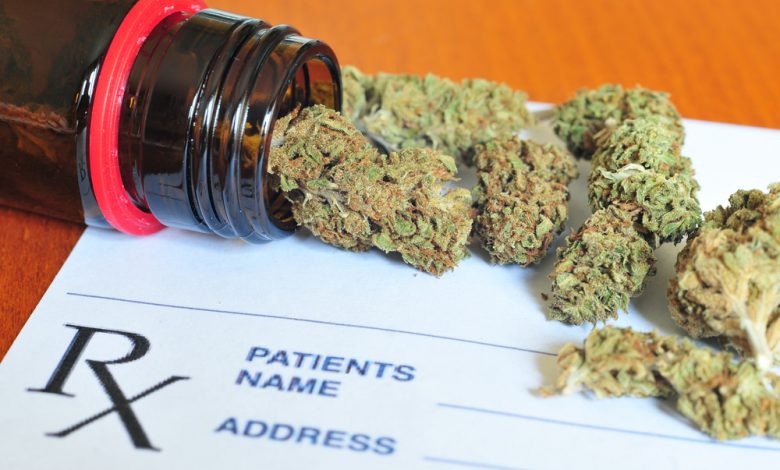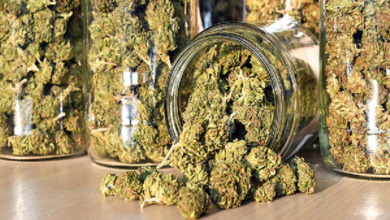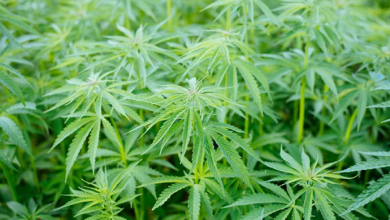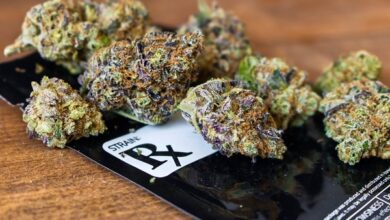‘Prescription’ Marijuana: Understood But Inaccurate

In the medical marijuana field, consumers and providers alike often refer to the products they sell as ‘prescription’ marijuana. Perhaps the word ‘prescription’ is so ingrained in us because we are used to going to the doctor and walking away with a written prescription for medication. But applying the term to medical marijuana is understood but not quite accurate.
Doctors do not prescribe marijuana in the same way they may prescribe antibiotics or antihistamines. There is a specific reason for this, which will be explained in just a minute. But make note of the fact that marijuana dispensaries in most states are not technically pharmacies.
Confusing things like prescriptions and pharmacies with recommendations and dispensaries is not a big deal to the average consumer. But it is a big deal if you are trying to fully understand a state’s medical marijuana laws and how these apply to your situation.
When Doctors Write Prescriptions
A prescription is more or less set of instructions for the compounding, dispensing, and use of regulated medications. In the U.S., both medications and illicit drugs are categorized according to their use and the danger they pose. Certain types of medications are too risky to use without doctor supervision. Such drugs must only be dispensed by pharmacies via prescription.
A drug like methadone is considered a controlled substance. However, federal law allows doctors to prescribe it to treat certain conditions. Marijuana is also a controlled substance. Federal law prohibits its possession, sale, and use under Section 21, Chapter 13 of the U.S. Code.
The difference between marijuana and methadone is as simple as a legal exemption. Federal law provides a legal exemption that allows doctors to prescribe methadone when medically necessary. There is no such exemption for marijuana. As such, doctors cannot legally prescribe it. The best they can do is recommend it in states where medical marijuana is legal.
Consulting with a Clinician in Utah
Utah allows for the use of medical marijuana with a valid medical marijuana card. At Deseret Wellness in Provo, for example, they require customers to possess a valid card to enter and purchase product. They do so knowing that a person with a valid card has consulted with a clinician who has subsequently recommended medical marijuana to treat that person’s condition.
Most state medical cannabis laws require people to consult with a qualified doctor, PA, or NP before applying for a medical marijuana card. Simply put, you cannot get a card without a clinician’s recommendation. As part of that recommendation, most clinicians will discuss the type of marijuana product the patient should use, the best delivery method, proper dosage, etc.
In that sense, that doctor’s recommendation is similar to a prescription. The most responsible clinicians will explain to patients how to safely use medical marijuana. They will explain how to maximize the benefits of medical marijuana while simultaneously taking advantage of other treatments and protocols.
Just a Recommendation
The reality is that your doctor will not write a prescription for marijuana. You will not be able to take a prescription into a standard pharmacy and have it filled. What you can get is a clinician recommendation that enables you to get a medical marijuana card issued by your state.
A card allows you to visit a dispensary to purchase marijuana products. Proponents encourage medical cannabis card holders to follow their doctor’s recommendations to the letter. Ultimately, you are the one who decides how and when to use your product. If you feel it is not working for you, make another appointment to see your clinician and talk things over.



